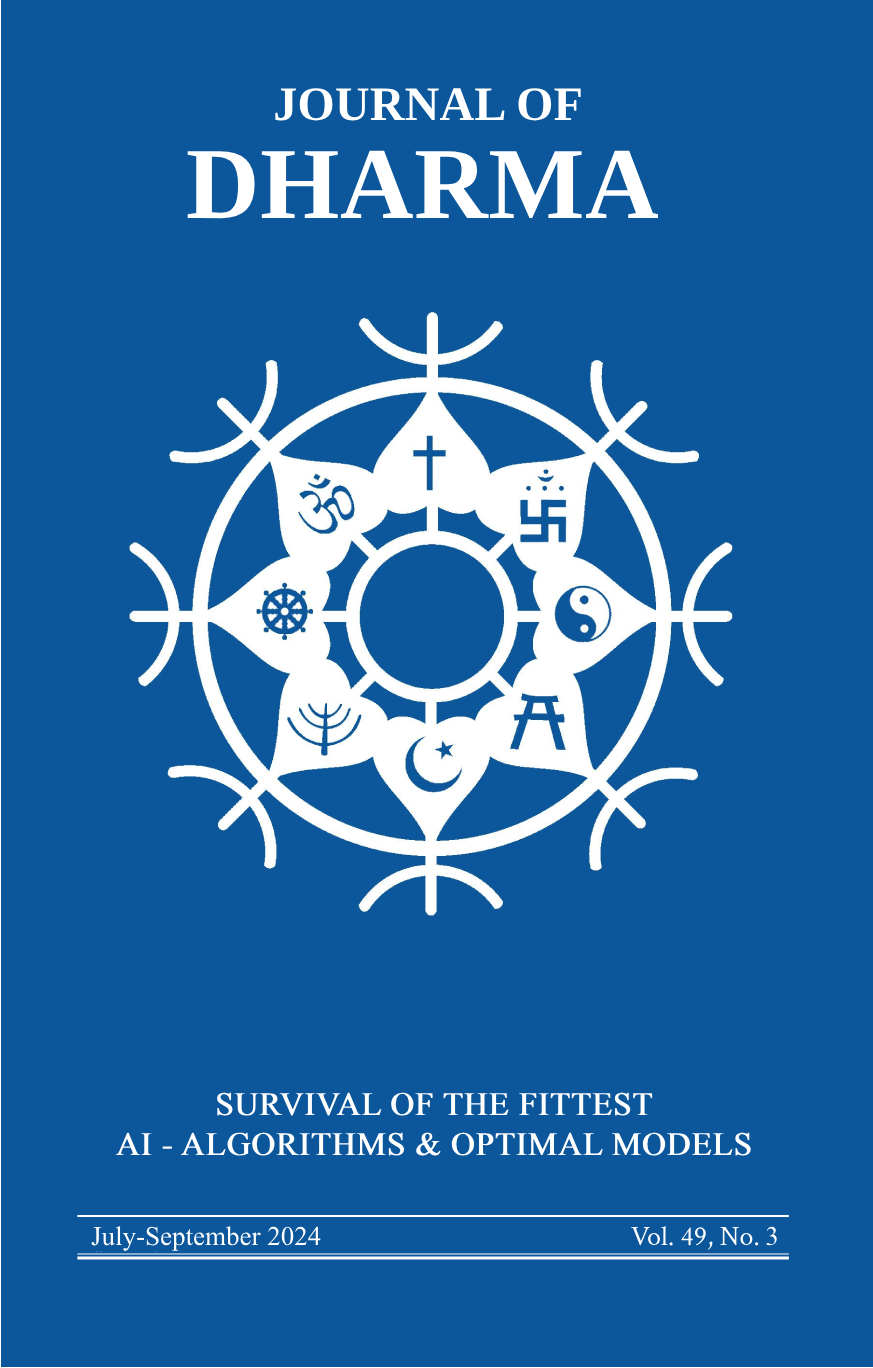ARTIFICIAL INTELLIGENCE AND THE HUMAN MIND: PSYCHOLOGICAL INSIGHTS AND IMPLICATIONS
Keywords:
Artificial Intelligence (AI), Collaborative Intelligence, Creative Expression, Emotional intelligence (EI), Human Mind, Human Cognition, Neural Networks, TechnologyAbstract
Artificial intelligence (AI) is transforming industries
and daily life, raising important questions about its relationship
with the human mind, particularly from a psychological
perspective. As AI integrates further into society, understanding
its impact on human cognition, emotions and decision-making
becomes particularly significant. AI technologies, such as
machine learning and neural networks, mimic human cognitive
functions like learning, problem-solving and decision-making,
offering insights into both AI and human cognition. However, AI
lacks emotional depth and ethical reasoning, emphasizing the
need to embed these aspects into its development. Emotional
intelligence (EI) is another critical area where AI's inability to truly
understand and respond to human emotions presents challenges.
The future of AI depends on designing systems aligned with
psychological principles to enhance human strengths, address
limitations and promote ethical outcomes. By prioritizing
responsibility and inclusivity, we can create technology that
complements rather than replaces human intelligence, fostering a
more ethical and beneficial integration.
Downloads
Published
How to Cite
Issue
Section
License
Copyright (c) 2025 Journal of Dharma

This work is licensed under a Creative Commons Attribution-ShareAlike 4.0 International License.

